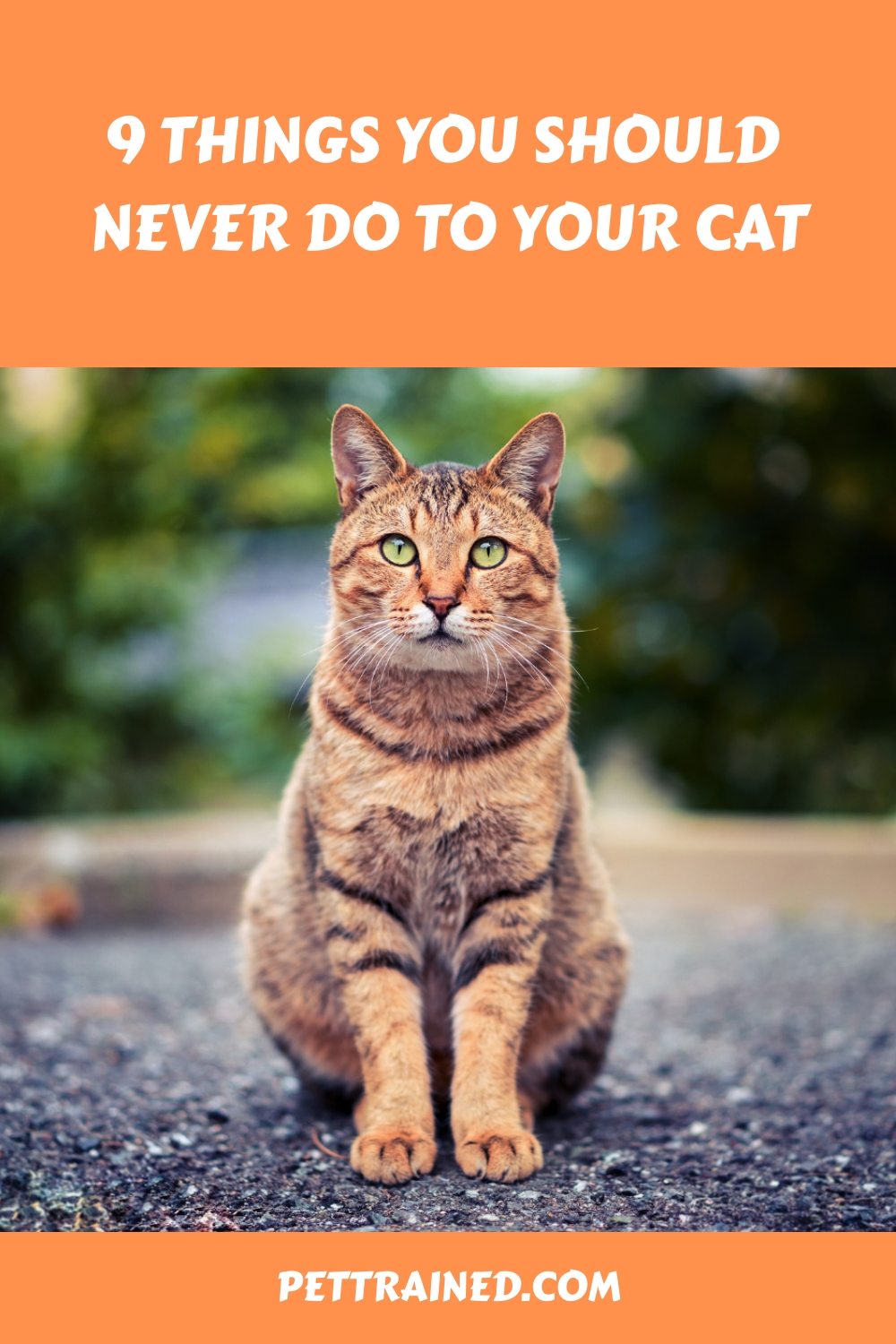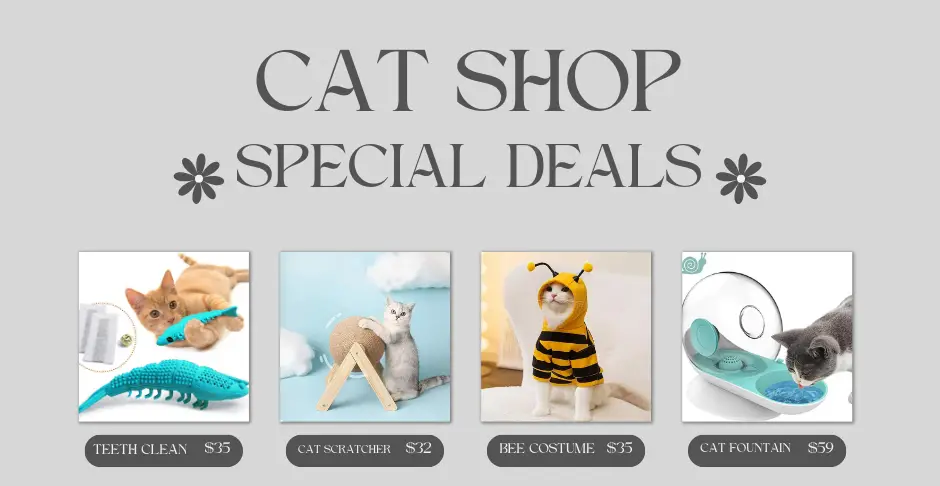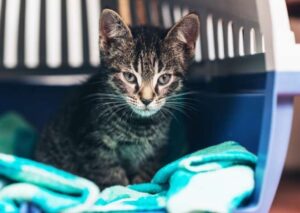Managing the world of cat care is like walking a tightrope, requiring balance and attention to detail. Certain actions should be avoided to keep your feline friend healthy and happy. Neglecting their grooming needs or mishandling their diet can lead to serious health issues.
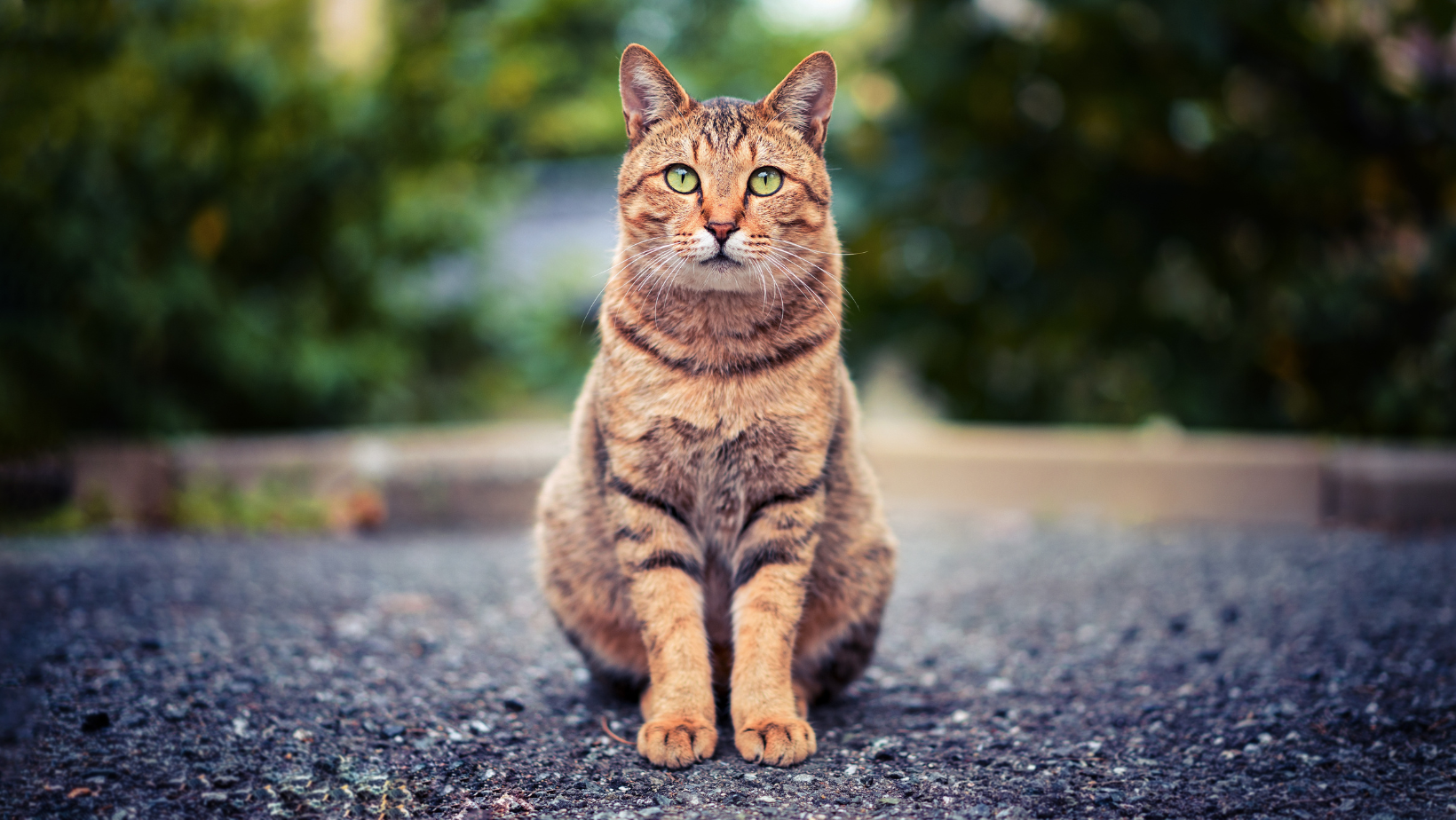
Skipping vet visits and using harsh discipline can harm their well-being and your relationship.
By ignoring the litter box, providing unsafe outdoor access, or disregarding their emotional health, you’re putting them at risk. Curious about how loud noises and cleaning products factor in?
Let’s explore further.
Table of Contents
1. Ignore Your Cat’sGrooming Needs
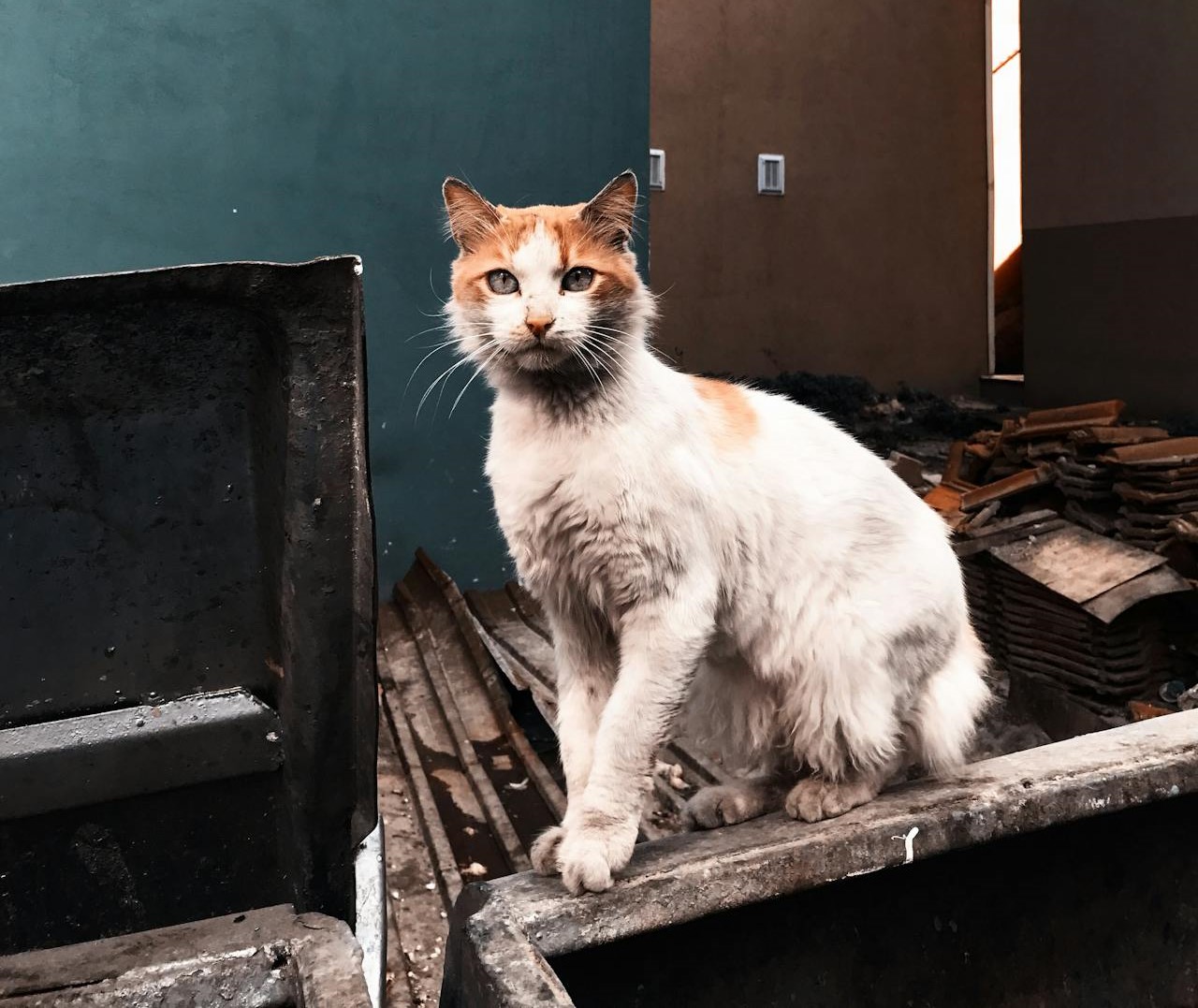
Regular grooming is crucial for your cat’s health and well-being.
This post contains affiliate links. However all the information provided on this site are my own honest opinions. See more in Disclaimer.
By brushing your cat regularly, you help with hairball prevention, reducing the risk of digestive issues.
Cats groom themselves, but they still need your assistance to manage their coat maintenance. Neglecting this can lead to matting, which is uncomfortable and can cause skin problems.
Additionally, grooming sessions are a perfect time to check for any abnormalities, such as lumps or skin irritations. It’s also a bonding activity that strengthens your relationship with your feline friend.
2. Overfeed or Underfeed Your Cat
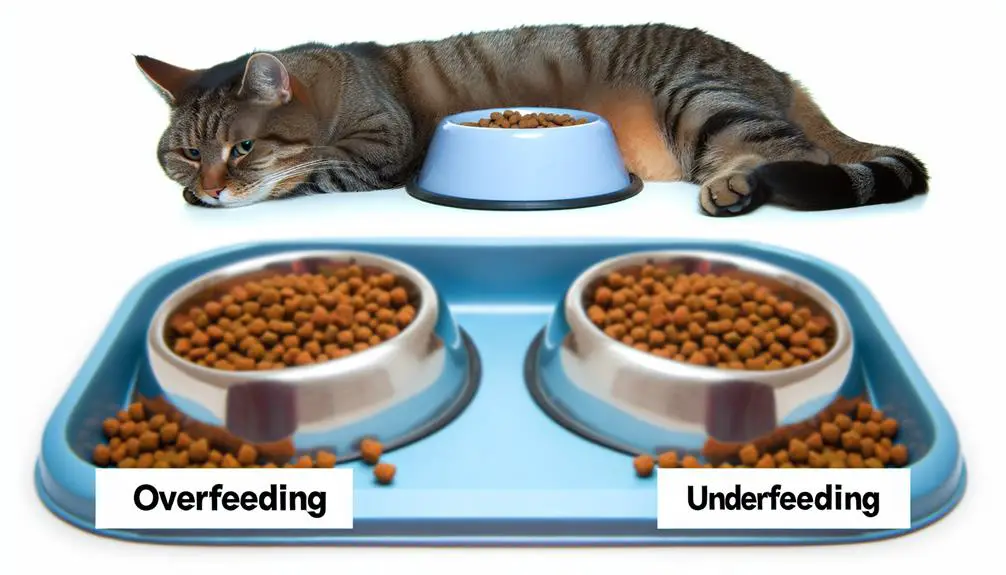
Balancing your cat’s diet is crucial to prevent both obesity and malnutrition. Proper portion control is key to ensuring your feline friend maintains a healthy weight and receives essential nutrients.
A well-balanced diet will help your cat stay energetic, happy, and free from health issues. Below are some guidelines to assist you in managing their diet effectively:
- Measure Food Portions: Using a measuring cup can help prevent overfeeding.
- Select Quality Food: Opt for cat food that meets nutritional standards.
- Monitor Weight: Regularly check your cat’s weight to adjust portions accordingly.
- Avoid Free-Feeding: Stick to scheduled feeding times to regulate their food intake.
Also see our post on foods to never feed your cat and best affordable dry cat food for you cat.
Also See:
3. Skip Vet Visits
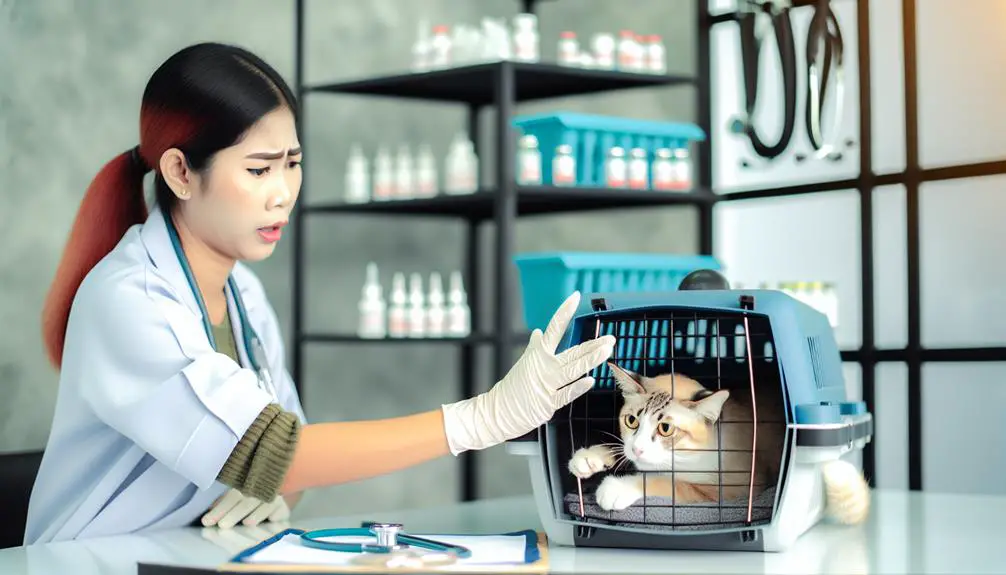
Neglecting Vet Visits Can Harm Your Cat’s Health
Skipping regular visits to the vet can put your cat’s health at risk, as undiagnosed illnesses and untreated conditions may go unnoticed.
Annual checkups are crucial in detecting potential health issues early on, ensuring that your cat enjoys a long and healthy life.
Preventive care, such as vaccinations, dental checkups, and parasite control, plays a vital role in safeguarding your cat against common yet serious health problems.
By adhering to a routine vet visit schedule, you can also keep track of your cat’s weight, diet, and overall well-being, receiving expert advice tailored to your furry friend’s specific requirements.
While avoiding these appointments may seem like a time and money saver initially, it can lead to expensive and distressing health complications in the future.
Make your cat’s health a top priority by staying committed to regular vet visits.
4. Use Harsh Discipline With Your Cat
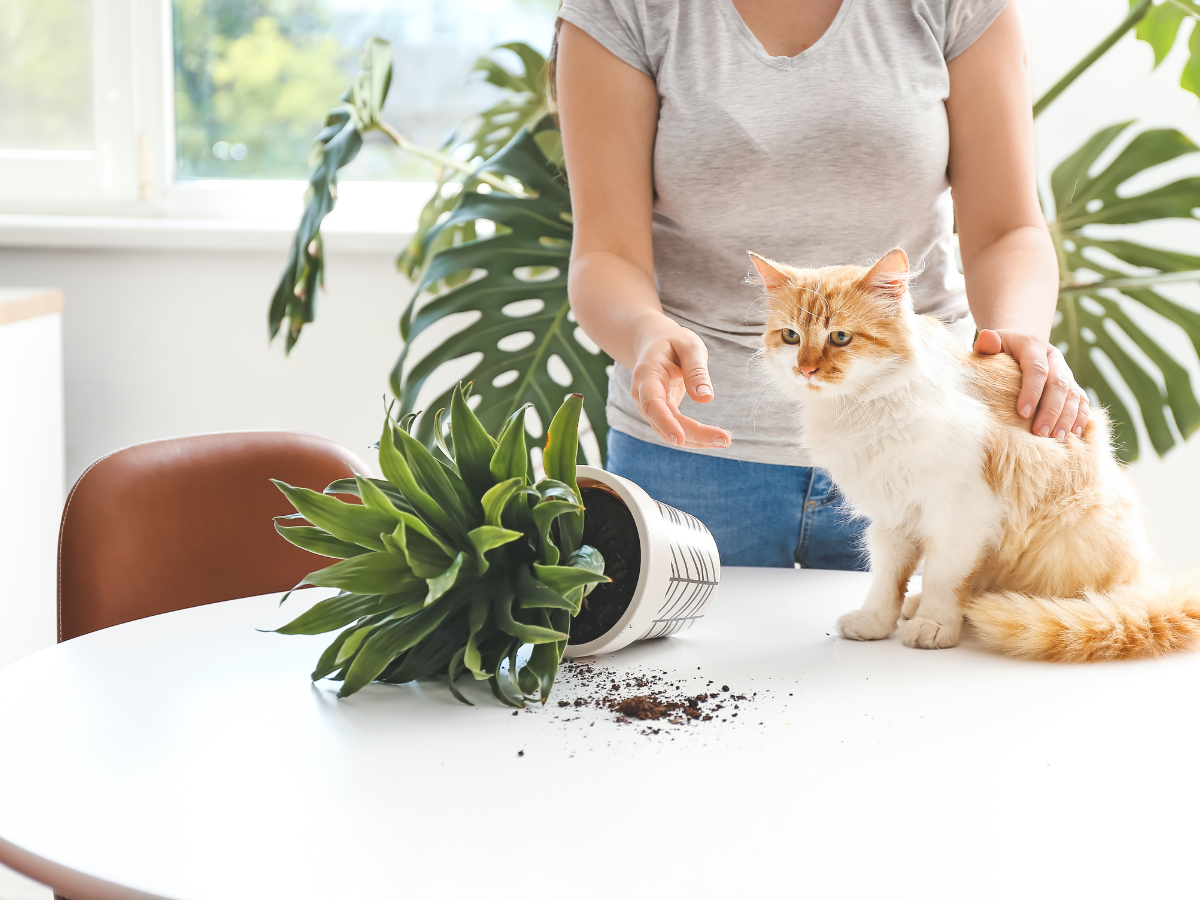
Why would you ever use harsh discipline on your cat when it only instills fear and damages your bond? Physical punishment and negative reinforcement aren’t effective training methods for cats. Instead, they can lead to anxiety, aggression, and a breakdown in trust.
Remember, your cat can’t understand why they’re being punished and will only associate you with fear. Here are some alternatives to harsh discipline:
- Use positive reinforcement: Reward good behavior with treats or affection.
- Redirect attention: Offer toys or scratching posts to divert unwanted actions.
- Be consistent: Cats respond well to predictable routines and clear boundaries.
- Understand their needs: Address any underlying issues like stress or health problems.
Treat your feline friend with patience and kindness for a happier, healthier relationship.
5. Neglect To Clean Your Cat’s Litter Box
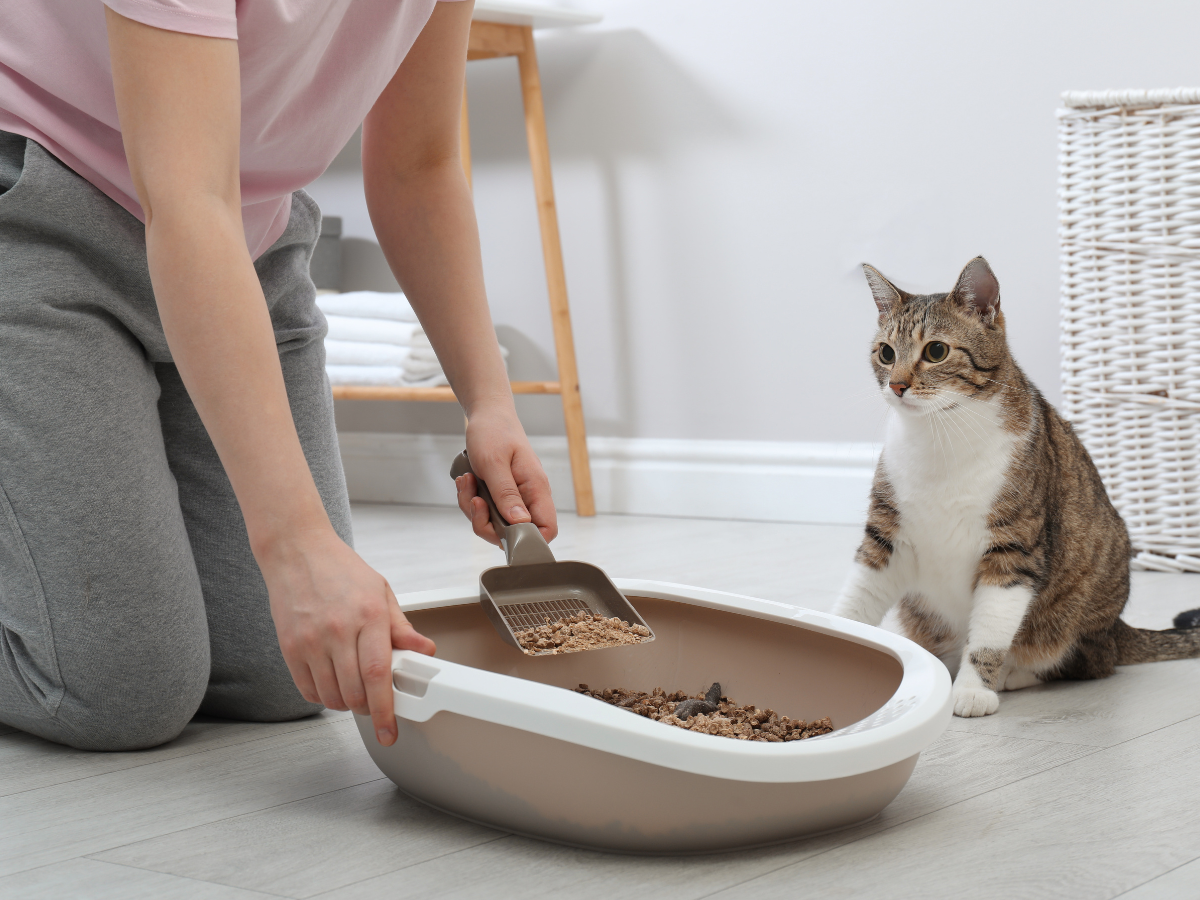
Just as using harsh discipline can harm your relationship with your cat, neglecting litter box cleanliness can lead to significant behavioral and health issues.
Cats are naturally clean animals, and a dirty litter box can cause them immense stress. It’s essential to clean the litter box regularly and make sure it’s in an accessible, quiet location—proper litter placement is key .
Also, consider the type of box you use; some cats prefer open boxes, while others feel more secure in covered ones. Ignoring these factors can result in your cat refusing to use the litter box, potentially leading to urinary tract infections or other health problems.
Maintaining a clean, well-placed litter box ensures your cat’s comfort and well-being . Also see Best cat Litter box for small apartment.
6. Allow Unsafe Outdoor Access For Your Cat

Allowing your cat to roam outdoors unsupervised exposes them to numerous hazards that can jeopardize their safety and health. While it might seem natural, the outdoors presents significant risks.
Here are some key dangers your cat faces:
- Road dangers: Traffic can be unpredictable and fatal for cats.
- Predator risks: Other animals, like dogs or wildlife, might harm or kill your cat.
- Toxins: Pesticides, antifreeze, and other chemicals pose severe health threats.
- Diseases: Outdoor cats are more likely to contract infectious diseases.
If you already have an outdoor cat, see our post on how to keep an outdoor cat safe.
7. Disregard Your Cat’s Emotional Health

Neglecting your cat’s emotional health can lead to behavioral issues and a decline in their overall well-being. Cats need regular social interaction and playtime enrichment to stay mentally stimulated and happy.
Spend quality time with your cat daily, engaging in activities like interactive play with toys or gentle petting sessions. This not only strengthens your bond but also helps alleviate stress and anxiety. Provide a variety of toys and puzzles to keep their minds active.
Create a safe and comfortable environment where they can explore and feel secure.
Ignoring these needs can result in destructive behavior, withdrawal, or even health problems. By addressing their emotional health, you’re ensuring a happier, healthier life for your feline friend.
8. Expose Your Cat to Loud Noises
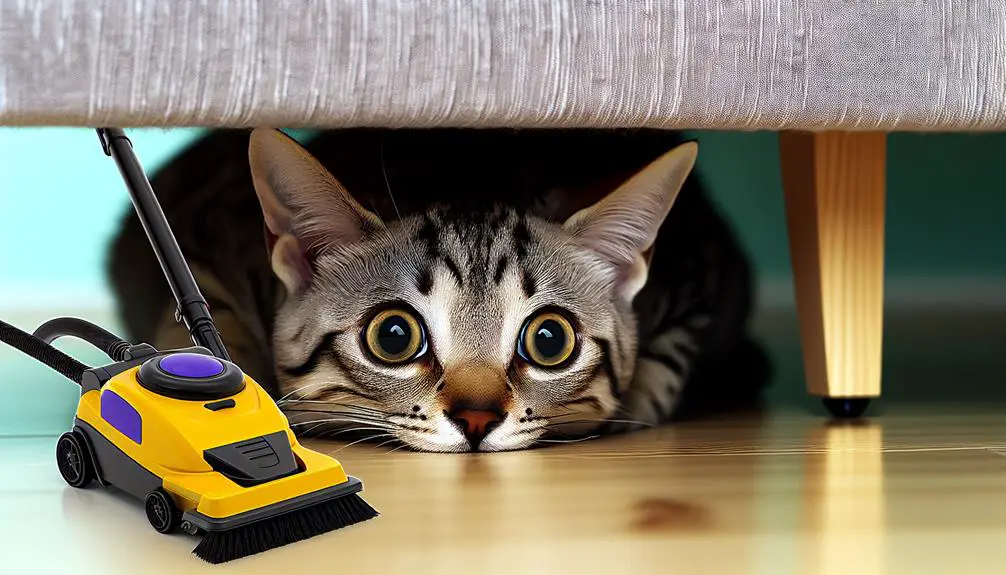
While ensuring your cat’s emotional well-being, it’s equally important to protect them from loud noises that can cause significant stress and anxiety. Cats have sensitive hearing, and sudden, loud sounds can be terrifying for them.
Here are a few common culprits you should be aware of:
Trending in Cats:
- Fireworks exposure: The unpredictable explosions can cause panic and even long-term anxiety.
- Vacuum noise: The loud, continuous sound of a vacuum can be particularly distressing.
- Loud music or TV: High volumes can make your cat feel unsafe in their own home.
- Construction sounds: Jackhammers, drills, and other equipment can be overwhelming.
9. Use Harmful Cleaning Products Around Your Cat
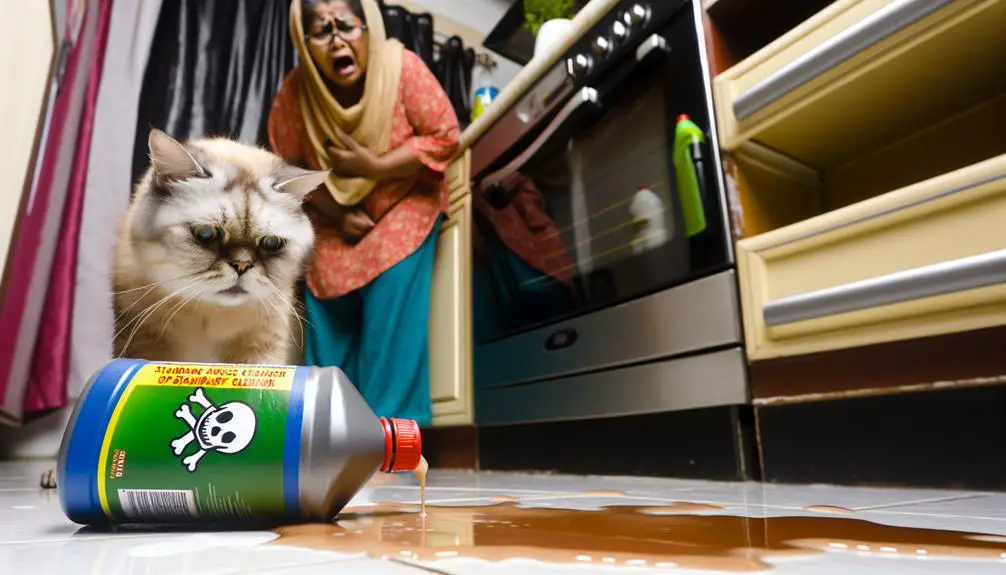
Using cleaning products that contain harmful chemicals can pose serious health risks to your cat. Many household cleaners have toxic substances like ammonia, bleach, and phenols, which can lead to chemical exposure.
Cats are naturally curious and may walk on freshly cleaned surfaces or lick residues off their fur, increasing their risk of poisoning. Symptoms of exposure include drooling, vomiting, and respiratory distress.
To keep your feline friend safe, choose pet-friendly cleaning products that clearly state they’re non-toxic. Always store cleaning supplies securely out of your cat’s reach.
Conclusion
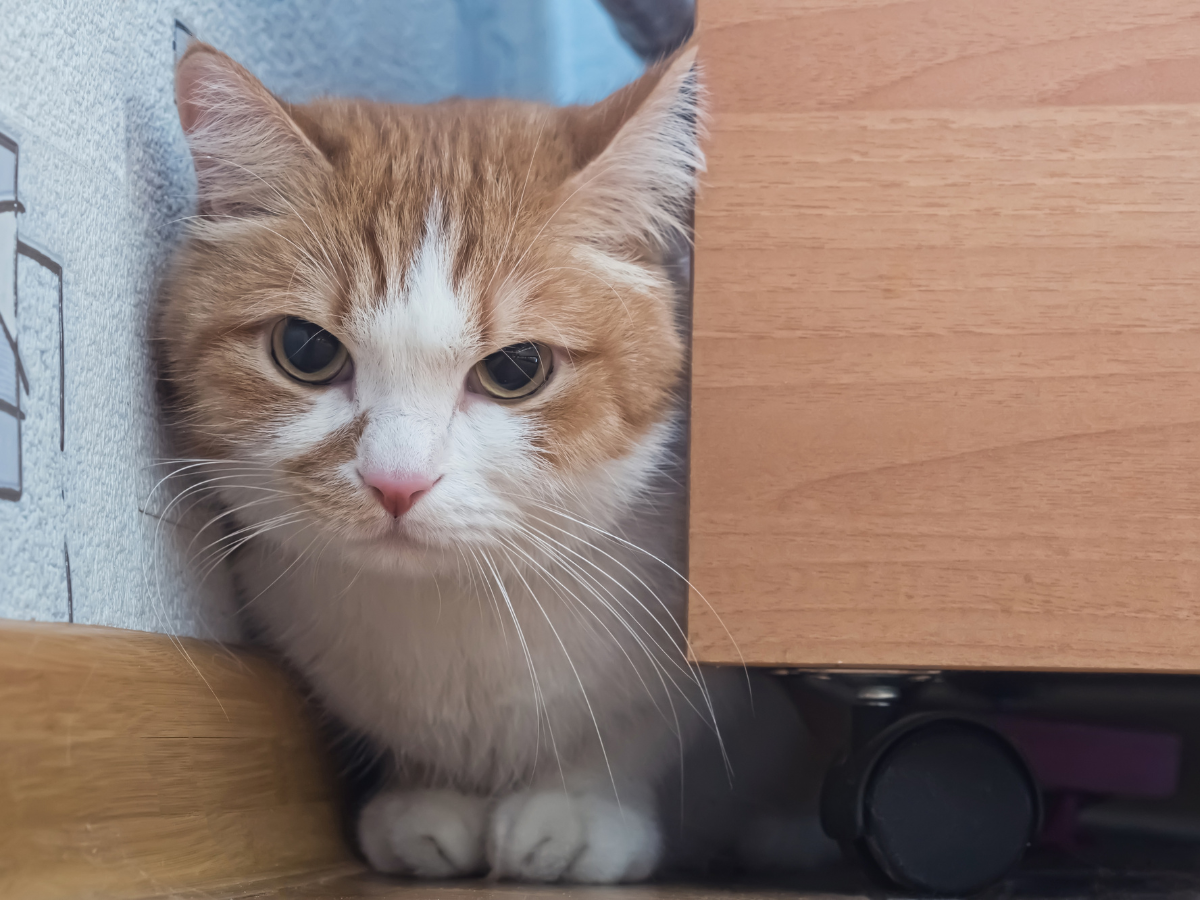
It’s no coincidence that a happy, healthy cat is the result of mindful care. By avoiding these nine mistakes:
- Grooming neglect
- Improper feeding
- Missed vet visits
- Harsh discipline
- Dirty litter boxes
- Unsafe outdoor access
- Emotional neglect
- Loud noises
- Harmful cleaning products
You’re ensuring your feline friend’s well-being and happiness.
Remember, your efforts in creating a safe and loving environment directly influence their quality of life. Compassionate care is key to a fulfilling companionship.
